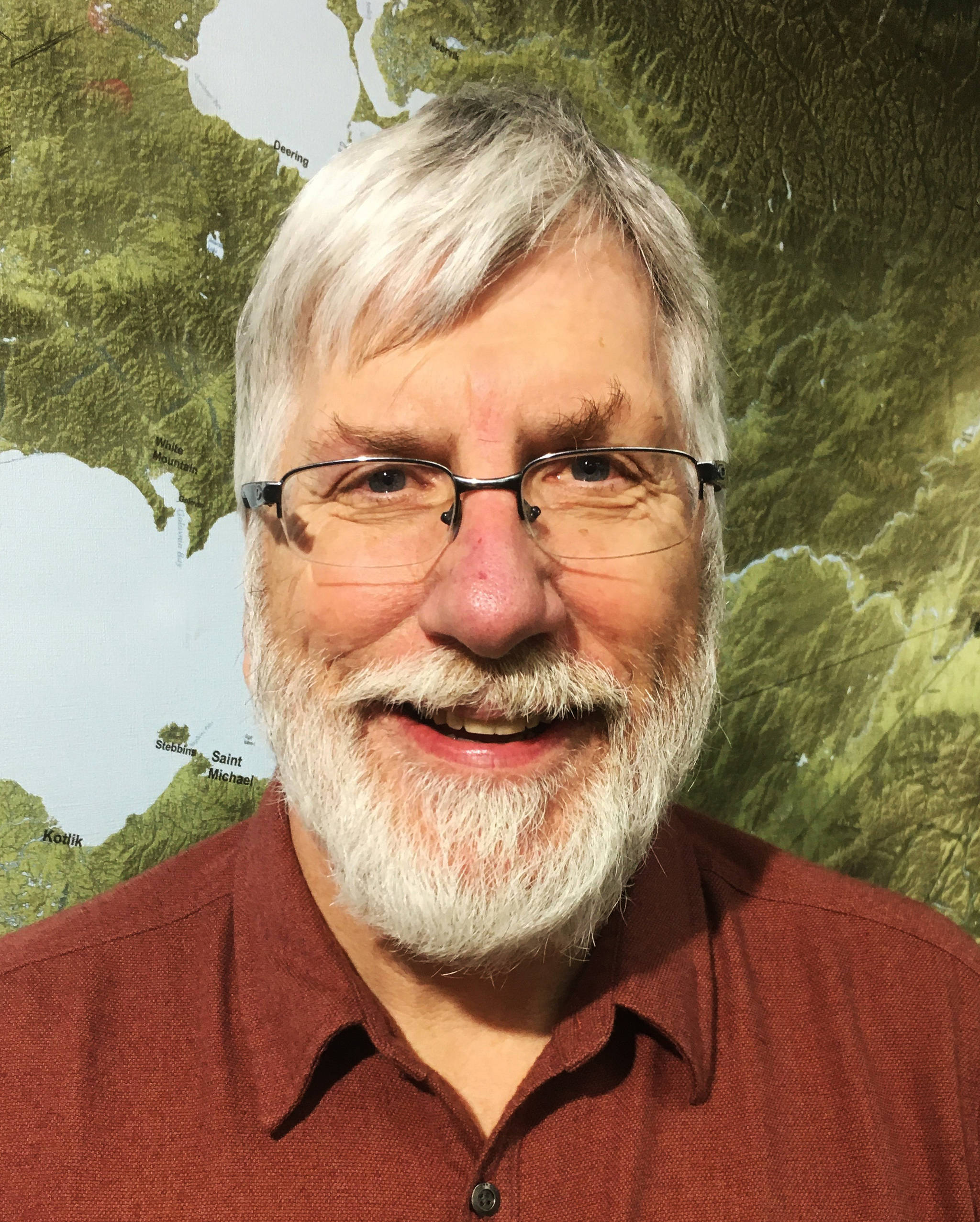Remember how terrible last summer’s wildfires were — the smoky skies, the traffic jams, the evacuations, the damaged homes and property? Now, imagine having to battle such fires while fighting the coronavirus at the same time!
That scenario has the Alaska Division of Forestry and its national partners working hard together to plan ways to keep firefighters and residents safe, while dealing with both wildfires and the COVID-19 pandemic this summer. We need the cooperation of every Alaskan in this effort.
We do not know if this fire season will be as bad as last year’s. While deep snowpack and early season prediction models hint fires may hold off a while, that can change with just a week or two of warm, dry weather. Fire managers are monitoring conditions and hoping for the best. But, as we do every year, we are also planning for the worst.
We face a tremendous additional challenge this year in the form of the COVID-19 pandemic. As our No. 1 priority is the safety of the public and firefighters, we plan to follow as closely as possible the Centers for Disease Control (CDC) anti-virus protocols and best practices on hygiene standards, social distancing, and nonessential travel. In these ways, we hope to reduce the spread of the novel coronavirus by protecting firefighters, their families, the communities where they live, and ultimately the communities they protect.
We know that robust preparation helps keep firefighters safe on the job, and so we‘re taking unprecedented measures to make sure they get the training to be safe on the fire line, while reducing their risk of early season exposure to the virus. We are delaying our spring training schedule, delivering some elements online, evaluating our regular training weekly, and modifying our plans as we better learn how to reduce exposure to this unforeseen health hazard.
This will be even more important as we enter active operations. Our firefighters work side by side in hot, dirty conditions, and both they and their support personnel eat and sleep in close proximity, often in remote fire camps with few amenities. We will work hard to reduce their risk from fire and coronavirus alike. Each person sidelined by illness weakens our ability to hold the line against wildfires.
Last year, Alaska imported more than 5,000 firefighting personnel from the Lower 48, including 120 crews, to help during one of the busiest, longest, and most expensive fire seasons on record. While I hate to imagine what we would have done without this support, the Division and other wildfire suppression agencies are drawing up plans now for how we might have to respond to wildfires to keep Alaskans safe without robust Outside help.
Because we cannot be sure of having enough resources, we Alaskans must all do our part to prevent the small fires that can quickly become big fires. Compost instead of burning grass clippings. Chip the brush pile instead of burning it. Go without campfires. Maintain mechanical equipment and ATVs in fire-safe condition. Think before doing anything that could start a fire. Report suspicious smoke early. Be a leader in your community by helping us spread the fire safety message. Use the unexpected opportunity from self-quarantine to use the Firewise program to make your property and your neighbors’ as fire-resistant and resilient as possible (http://forestry.alaska.gov/Assets/pdfs/home/firewise09.pdf or http://forestry.alaska.gov/fire/firewise).
For our part, we at the Division of Forestry will use every fire prevention tool available to us, including statewide burn permit suspensions, delaying prescribed fires, increasing prevention patrols through fire-prone areas, possibly implementing burn closures, and if necessary, working with the state fire marshal to ban fireworks during our driest summer months.
With long experience in Alaska wildland firefighting, I know far too well that fire is an indiscriminate destroyer of property, lives, and dreams. I also believe all Alaskans understand our responsibility to our families, friends and neighbors to be ultra-cautious. On behalf of all firefighters, I ask you to do everything you can this spring and summer to protect the people and state we love by thinking, planning and acting responsibly, today and throughout the fire season. We can do it, together.
Chris Maisch is the state forester and director of the Alaska Division of Forestry.
• Chris Maisch is the state forester and director of the Alaska Division of Forestry.

